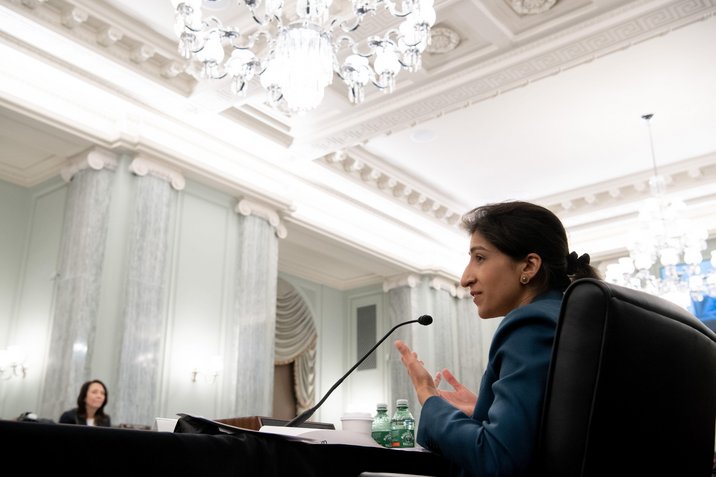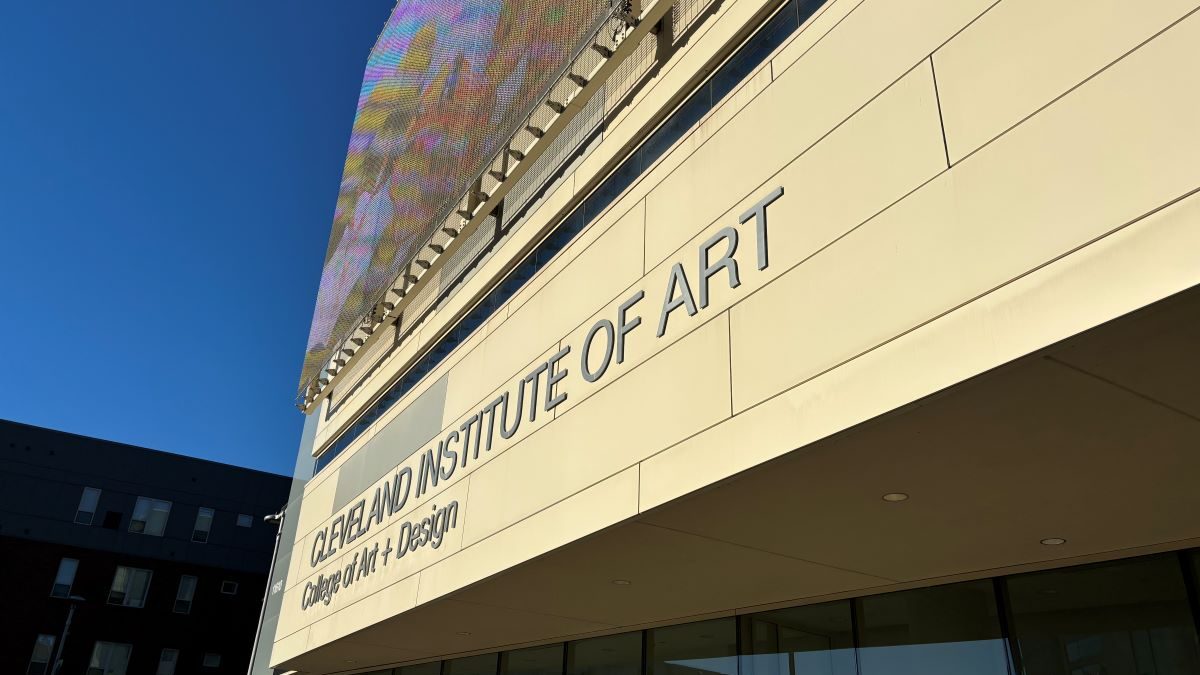
So if you’re writing a book about a piano player, it makes sense to immerse oneself in all things musical. This year I’ve read many books, but also sought out musical experiences including live piano performances, and listened to all sorts of musician podcasts and more. However, there was one thing has been hanging out there for months. And this was the weekend for it.
The film version of August Wilson’s 1987 play, The Piano Lesson premiered on Netflix.
Wilson is from Pittsburgh, like me. He’s revered for his ten-volume-play-cycle spread over a century of time. His subject has always been about the black American experience, set in the city’s history. I’d never seen one of his plays, on film or otherwise. However, there were a couple of things I knew about The Piano Lesson: It wasn’t a play about pianos, and it certainly wasn’t about piano lessons.
It’s about ghosts.
Wilson aimed his considerable talents at creating characters that would be revisited long beyond his (far too short) time on the Earth. The Piano Lesson is not the easiest story the first time through, simply from a technical standpoint. Wilson’s talent for capturing complex voices in his dialogue takes some time to get our ears tuned to. The cast, including Samuel L. Jackson, Danielle Deadwyler, and John David Washington savor the robust dialogue that makes up the ferocious debates about the fate of the family piano. It’s a battle between siblings, and their conflicting visions of the future. But it’s the 1930s setting in Pittsburgh that allows Wilson to explore the trauma of characters who’ve grown up as the children and grandchildren of slaves. The rendering of life during the Depression takes from the dry pages of history and gives them power through these characters.
The Piano Lesson won the Pulitzer Prize for Drama, so I’ll leave it to scholars to assess the play (I’m sure you can find their critical analysis online). What I found so relevant was that it’s a story about a family–a black family struggling with the changes brought on by the Great Migration to the industrial north–a film made in the twenty-first century by a black family of actors, directors, and their peers that must still assess how that past informs our shared present moment.
And what the ghosts of that past can tell us about ourselves.



